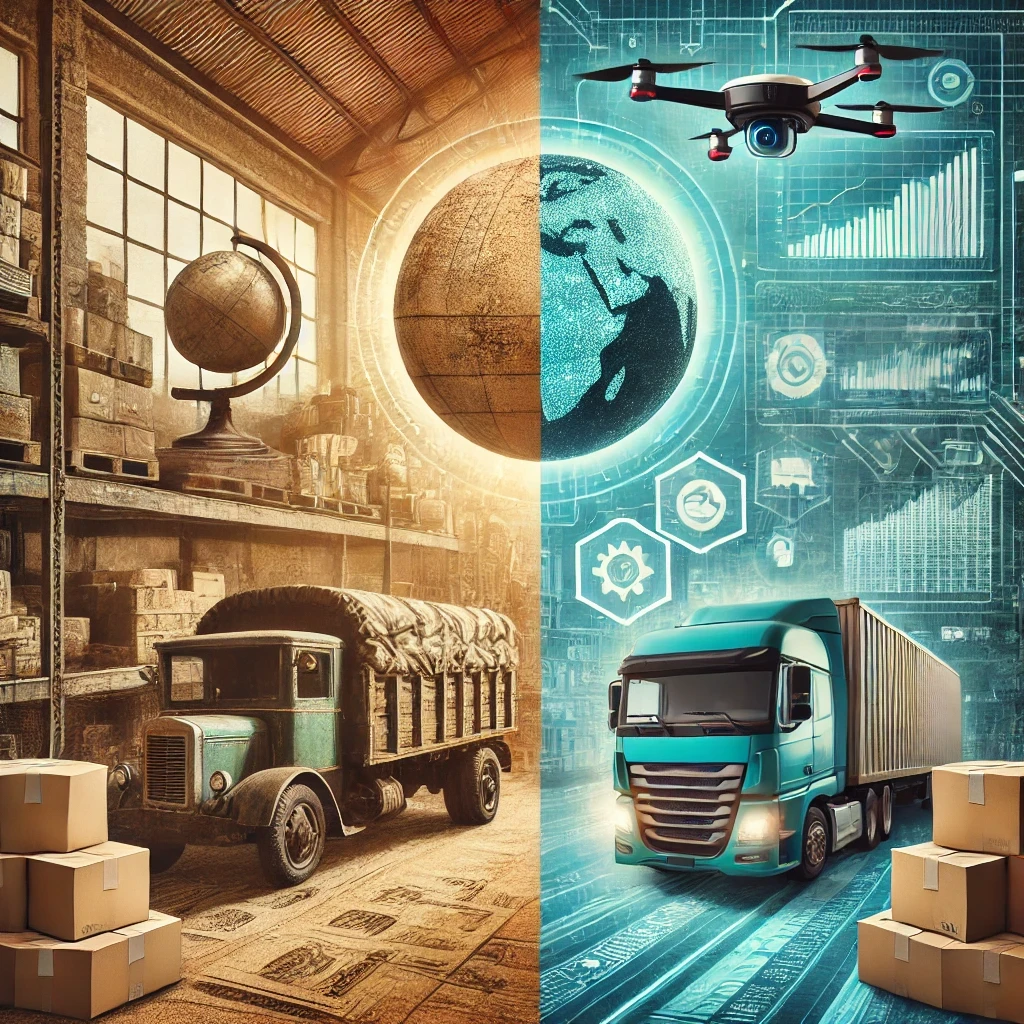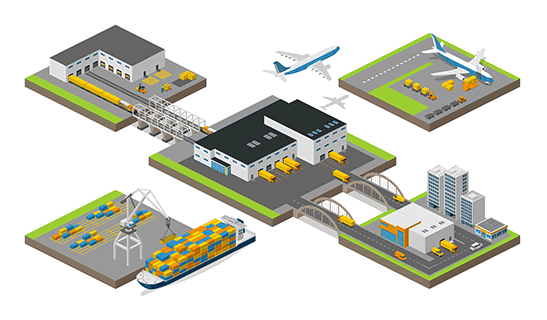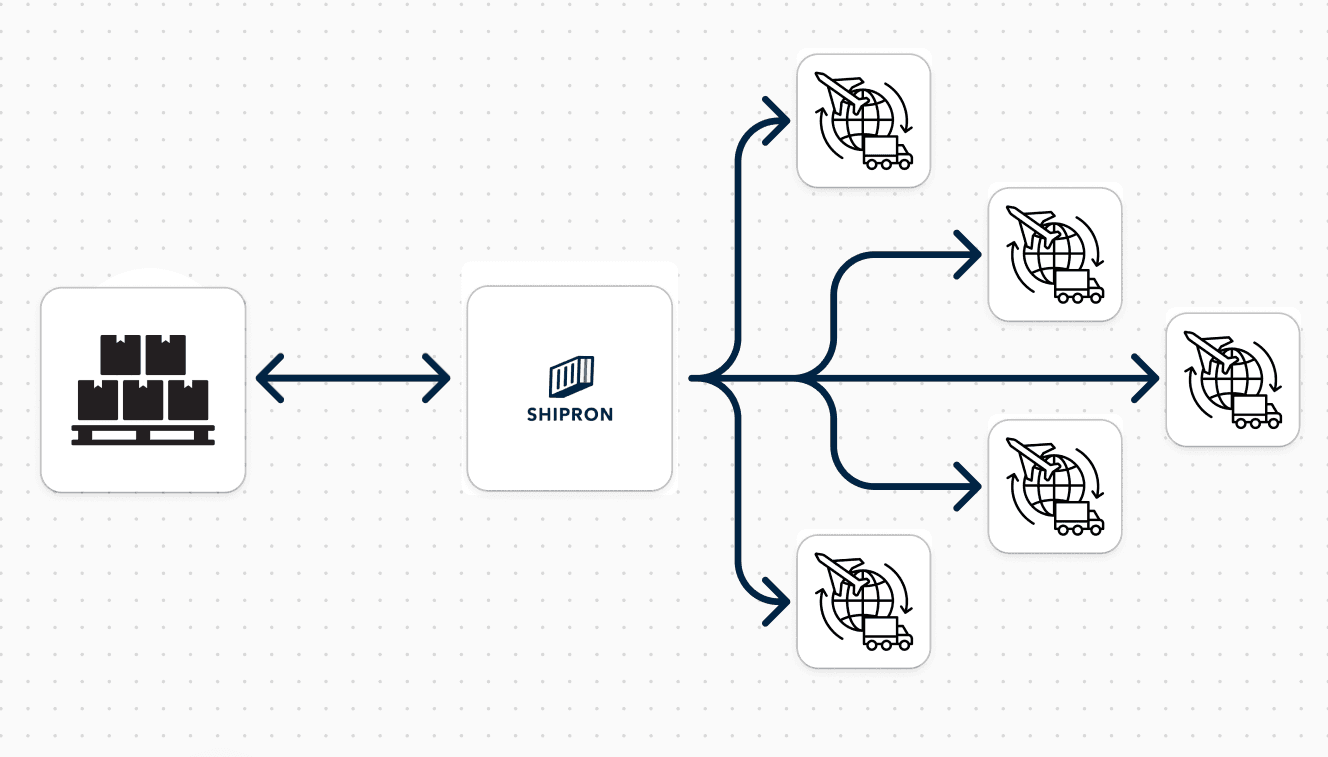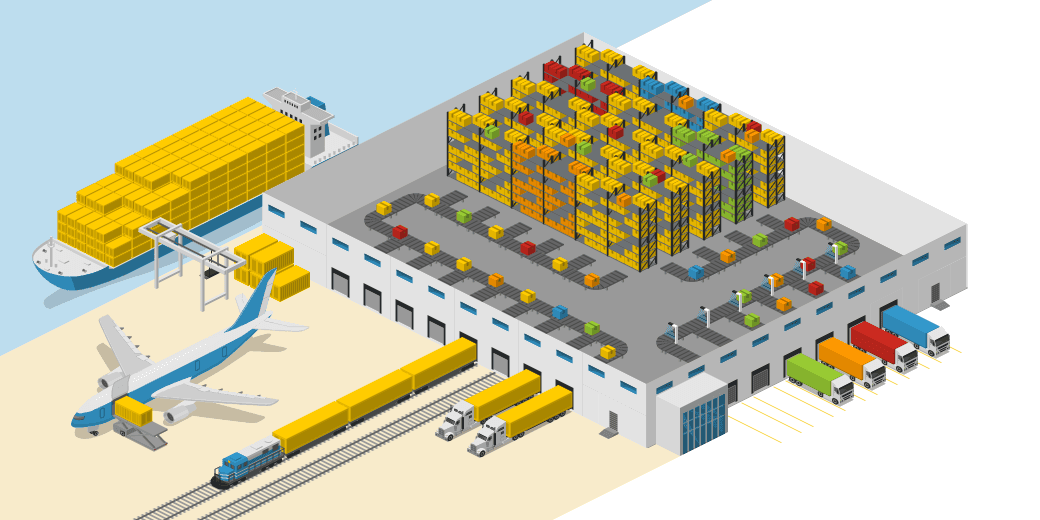Old vs. New Logistics: Digital Transformation and the Way Forward
4 mins
Aug 16, 2024
The logistics industry, as the backbone of global trade, has long been a crucial area shaping business processes. However, with the rapid advancement of technology, the logistics world is undergoing a significant transformation. Traditional logistics methods are being replaced by new, digital solutions. In this blog post, we will compare old and new logistics approaches, highlighting the benefits of digital transformation.
Old Logistics: Time-Consuming and Cumbersome Processes
Traditional logistics methods were largely based on manual operations, phone calls, email traffic, and physical paperwork. These processes were time-consuming, prone to errors, and often struggled to adapt to rapidly changing market conditions. Coordination in logistics processes was typically managed through a complex email chain among multiple stakeholders, leading to delays.
One of the major drawbacks of these old systems was their low efficiency and high costs. Companies had to spend hours researching, contacting logistics firms, and obtaining price quotes to transport their goods at the best price. This process often resulted in wasted time and missed opportunities.
New Logistics: Digitalization and AI-Powered Solutions
Today, the logistics industry is evolving significantly thanks to digital transformation. Manual operations are being replaced by digital platforms and AI-powered systems, making logistics processes faster, more efficient, and more cost-effective.
For example, AI-powered platforms like Shipron automate logistics processes, allowing users to effortlessly access the best shipping quotes. Users can instantly receive price quotes from all logistics companies through a single platform and quickly evaluate the best option. This eliminates the time lost to email traffic and manual operations, while also helping to optimize costs.
Moreover, with digitalization, data analytics plays a critical role in logistics. Through detailed analysis of transportation processes, it's possible to improve future operations further. Logistics companies can make faster and more accurate decisions based on data-driven insights.
Conclusion: Step into the Future
The logistics industry is evolving from outdated, cumbersome methods to modern, efficient, and flexible processes thanks to digital transformation. In this new era, logistics companies and their clients are leveraging the advantages of digitalization to reduce costs and optimize operations.
Shipron, as a pioneer in this transformation, offers AI-powered solutions that simplify logistics processes for its users. To step into the future of logistics, it's time to leave behind old methods and explore digital solutions.



